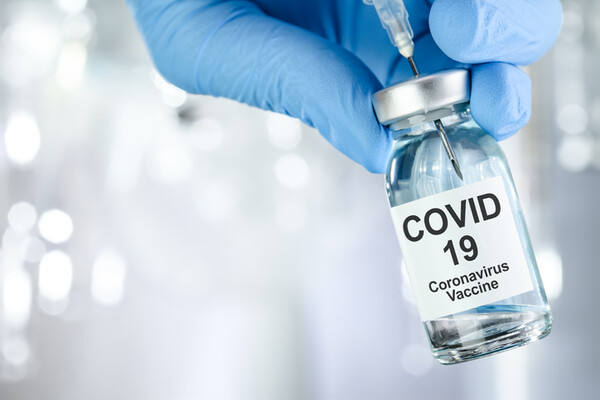The government has begun to discard many expired Covid-19 vaccines, raising criticism about failing to forecast demands correctly.

According to data from the National Assembly's Budget Office, the budget for the Covid-19 vaccination program last year amounted to 3.2 trillion won ($2.5 billion). Of the total, 2.5 trillion won was executed, 615.2 billion won was transferred to 2023, and the remaining 62 billion won was unused.
The government had secured about 262 million doses of Covid-19 vaccines since 2021 when the Covid-19 pandemic began in earnest.
It has introduced some 200 million doses, with 61.42 million doses still awaiting import. However, as of June 30, the government has used only 133.43 million doses, or 66.8 percent of the 200 million vaccines introduced for vaccination, and discarded over 21.8 million doses worth more than 800 billion won.
The government discarded 21.72 million vaccines due to overdue expiration dates, 60,000 doses due to the introduction of bivalent vaccines, 40,000 doses due to problems in maintaining appropriate temperature, and 30,000 doses due to broken containers.
The government has discarded many of SK bioscience's SKYCovione, Korea's first homegrown Covid-19 vaccine. It secured 10 million doses of SKYCovione last year.
However, the government bought only 610,000 doses amid the waning pandemic, the spread of Covid-19 variants, and multinational pharmaceutical companies launching bivalent vaccines to target such variants.
As a result, the government has used only 50,000 of SK bioscience's vaccine, with 450,000 doses remaining in storage and 120,000 doses discarded due to expiration.
Industry watchers expect that the government will likely discard the remaining 440,000 doses as its expiration date is until the fourth quarter of this year.
Adding to the government's woes, it is also having difficulty getting citizens to receive a booster vaccination.
Korea had a vaccination rate of 87.6 percent and 86.8 percent for the first and second doses in 2021.
However, the vaccination rate for the first booster shot was only 65.4 percent despite the recommendation of booster shots due to the spread of the Delta mutation in the second half of 2021.
Citizens' reluctance toward receiving booster shots continued through last year.
Even though the number of new cases reached a record high early last year due to the spread of the Omicron variant, the fourth vaccination rate, which began in February 2022, dropped significantly low to 14.7 percent.
The downward trend in vaccination continued throughout the winter booster vaccination in October of last year.
"We have adjusted supply volumes to target vaccines that are no longer used in the actual medical field," an official at the Korea Disease Control and Prevention Agency (KDCA) said. "We are also adjusting the supply schedule to consider the duration of vaccine availability and future vaccination plans and are taking steps to extend the expiration date of vaccines based on safety data and the status of overseas approvals."
The official added that the KDCA is taking measures to introduce newly developed vaccines and continue to promote overseas donations in cooperation with the Ministry of Foreign Affairs.
Regarding the SKYCovione, the KDCA official added that it would be provided as a control vaccine upon request by local companies planning to develop Covid-19 vaccines.

